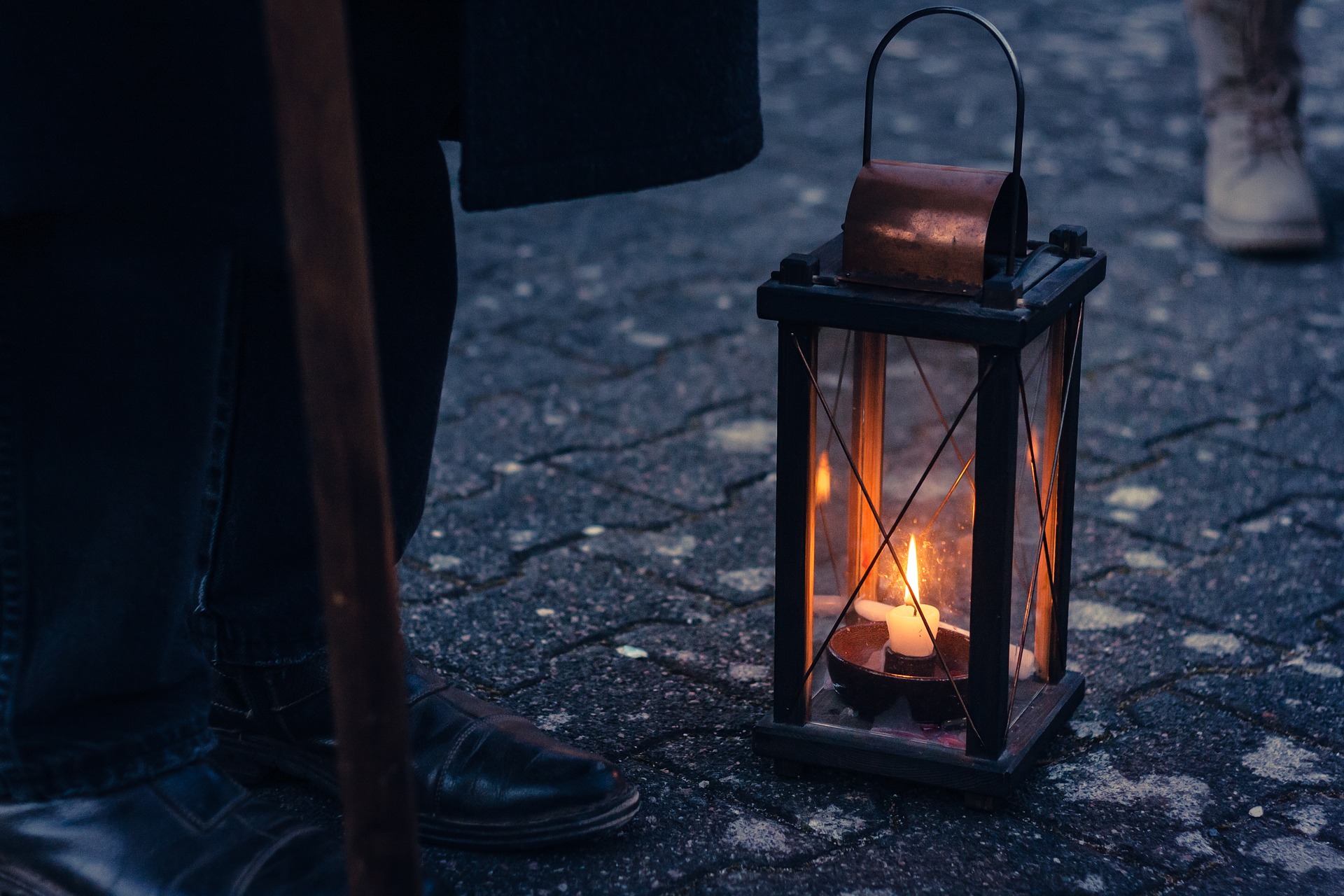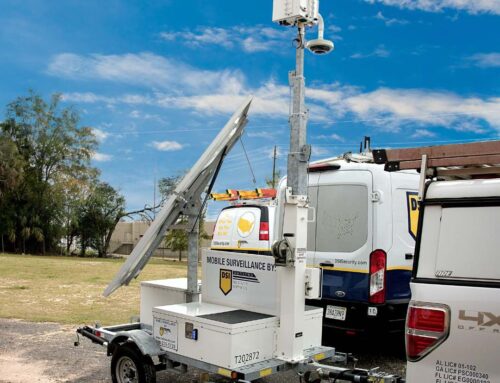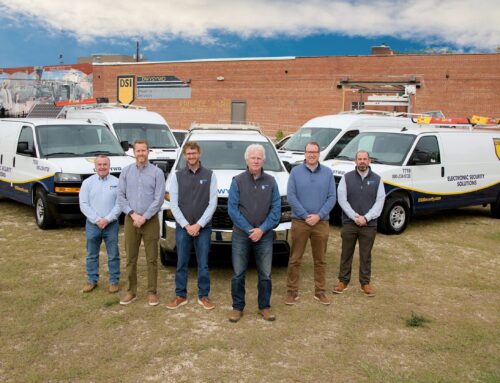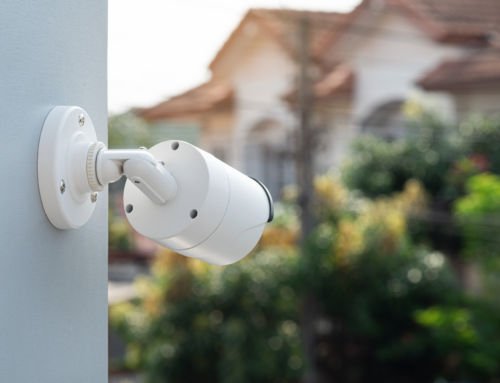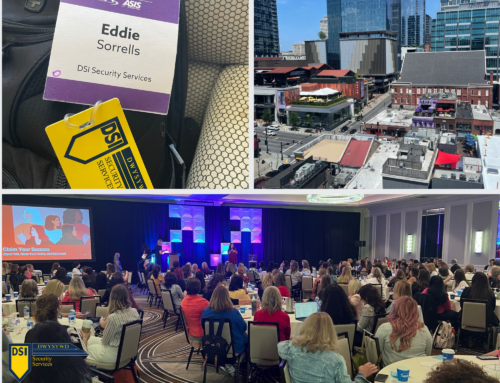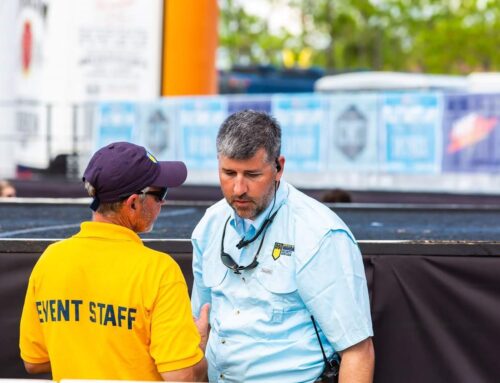By Jamie Ridenhour
The concept of security dates back as far as human existence. I won’t bore you with millennia of history let’s start with ancient Rome, where Vigiles Urbani were hired to protect the city. The emergence of the commerce-based society made it necessary to hire guards to protect valuables and the city itself. The Romans even had different classifications for different types of guards, depending on what they were protecting.
Watchmen and night watchmen appear in more recent history and were the precursors to the modern security services as well as police agencies. Finally, the terms security guard or security officer are used to describe today’s private security personnel.
The modern idea of a security service is often attributed to the establishment of the Pinkerton National Detective Agency in Chicago in 1950. Arising from the need for more security at a time when police forces were not well established, the Pinkerton Agency quickly became prominent throughout the country.3Railroads were one of the agency’s largest clients as they sought to protect passengers and property from the robberies that were endemic to the era.
The mission of protecting people and property has not changed much over the ensuing decades, but the role of the security guard or security officer has evolved quite a bit. Officers are still tasked with keeping watch, but modern technology such as electronic access control and video monitoring has expanded the role. There is significantly more for an officer to learn and keep track of today than ever before.
Security personnel are also now more likely to act as a first responder when an adverse event happens, helping to maintain calm or secure the area until law enforcement or emergency personnel arrive. Sometimes the first minutes after an event are critical, and officers are trained to take immediate action, whether it be to mitigate damage by a perpetrator or to provide aid in an emergency. Sometimes stopping an event before it occurs is a possibility and training also covers de-escalation strategies.
A more commonly occurring role that security personnel must now take on is that of customer service. A security officer is often the first person an employee or customer encounters when entering a building, and may serve as a guide to help customers find their way in the building. It makes sense to make that interaction a welcoming one and today’s security personnel are trained in that as well.
As we mentioned in our previous article, Benefits of Partnering with a Total Security Solutions Provider, there are a lot of details that go into a complete protection solution. Because they often have the most familiarity with the client and the facilities they protect, security personnel often play an important role in making sure that needs are understood and met. An officer may act as the liaison between the security service and the client to make sure the best protection strategies are communicated accurately and in a timely manner.
These changes in the role of security over the years has led to the rise of the term security officer. The terms security guard and security officer are still used interchangeably, and some regulatory bodies officially use one term or the other. The term security officer sometimes does carry a connotation of a higher level of service and a level of independent judgement when it comes to assisting in ensuring the appropriate protection is provided.
Familiarity with the post and it’s many duties and site specifics is one of the ways in which the training of today’s security officer differs from that of watchmen in years past. Instead of simple posting to watch for intruders or fire thorough on-the-job training can make a security officer truly a part of the site they are working. A well-trained and knowledgeable officer force and effective management can create a secure environment that was not conceived of a century ago.
The result is that a security officer will grow into a position where they are familiar enough with the post and experienced enough to make good solid and independent choices for the good of the site and its security. This is a noticeable evolution from the watchmen of years ago who were expected primarily to occupy the post. At minimum, officer are better equipped to deal with daily operational and security duties and communicate with site and company management.
We’ve seen some of the ways the role of a modern security officer is much more involved than that of the watchman of years past. While it may seem like an issue of semantics to some, a good security provider will recognize the importance of helping new employees evolve into competent officers. The term security officer carries a degree of professionalism and respect that both the officer and the company can be proud of.


